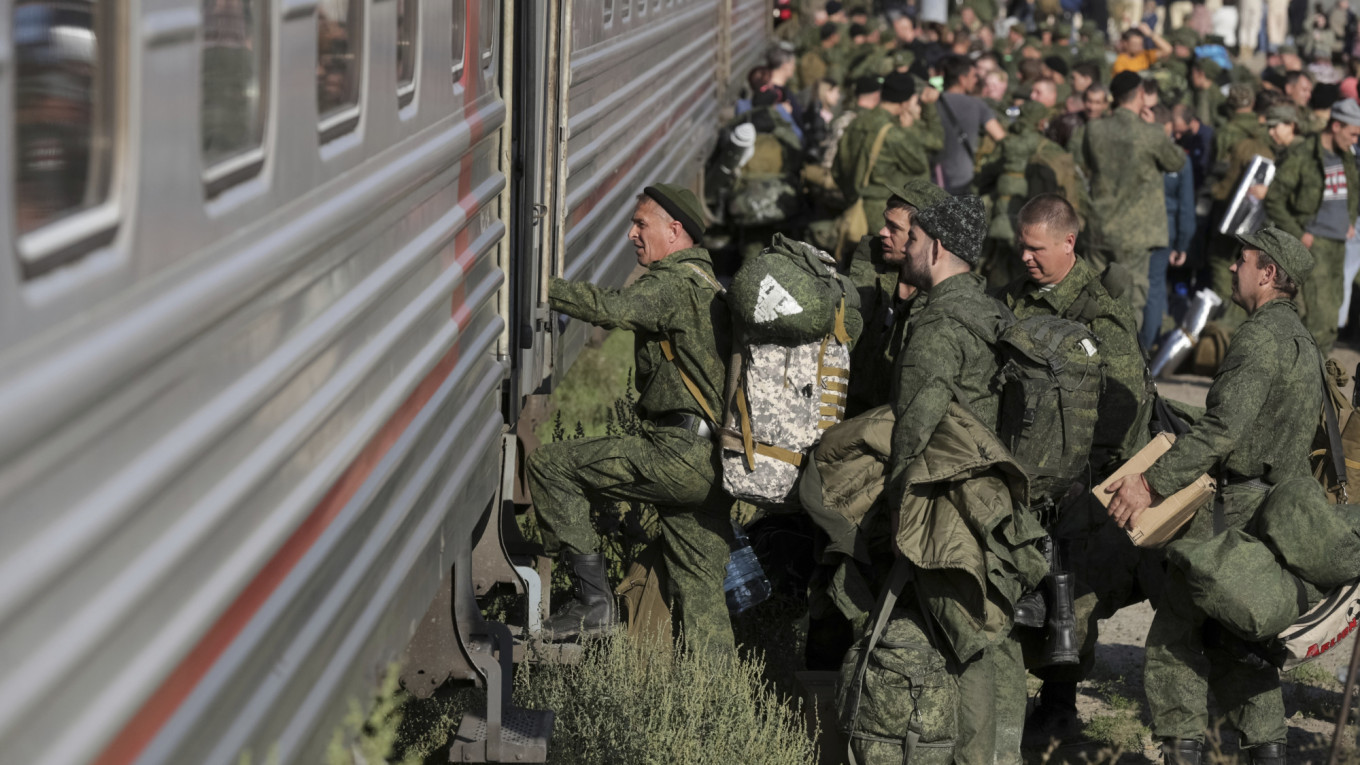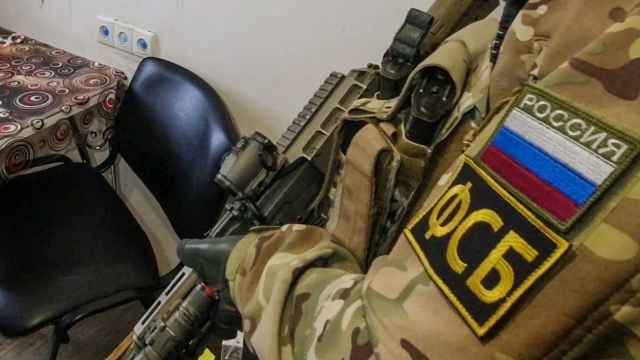A woman from Russia’s Far East has been sentenced to 12 years in prison for allegedly sharing footage of Russian troop movements with Ukraine, state media reported Wednesday, citing the local Federal Security Service (FSB) branch.
The woman, identified as Chita resident A.Yu. Sulimova, was detained at age 21 on treason charges last July. Authorities accused her of filming soldiers and military equipment heading from the Zabaikalsky region toward Ukraine and sending the footage to a Ukrainian border guard with whom she’d been in contact.
The Zabaikalsky District Court said in September that Sulimova had admitted her guilt, describing her as a “staunch opponent” of Russia’s invasion of Ukraine who planned to flee to Ukraine upon receiving the needed funds from the Ukrainian border guard.
On Wednesday, the court found Sulimova guilty of high treason and sentenced her to 12 years in a medium-security prison, the state-run TASS news agency cited the regional FSB branch as saying.
Treason cases are held behind closed doors in Russia as they involve information classified by the authorities.
Russian authorities opened a record number of treason cases in 2023, the second year of its war in Ukraine, according to the Perviy Otdel human rights project, which specializes in cases being investigated by the FSB.
That year, President Vladimir Putin signed a law raising the maximum penalty for “high treason” from 20 years to life imprisonment.
Last month, a young woman from Moscow on trial for pouring green dye into a ballot box during Russia's presidential election claimed she was instructed to do so by phone scammers posing as Central Bank and FSB employees. The scammers allegedly shouted “glory to Ukraine” into the phone as she was arrested.
A Message from The Moscow Times:
Dear readers,
We are facing unprecedented challenges. Russia's Prosecutor General's Office has designated The Moscow Times as an "undesirable" organization, criminalizing our work and putting our staff at risk of prosecution. This follows our earlier unjust labeling as a "foreign agent."
These actions are direct attempts to silence independent journalism in Russia. The authorities claim our work "discredits the decisions of the Russian leadership." We see things differently: we strive to provide accurate, unbiased reporting on Russia.
We, the journalists of The Moscow Times, refuse to be silenced. But to continue our work, we need your help.
Your support, no matter how small, makes a world of difference. If you can, please support us monthly starting from just $2. It's quick to set up, and every contribution makes a significant impact.
By supporting The Moscow Times, you're defending open, independent journalism in the face of repression. Thank you for standing with us.
Remind me later.






